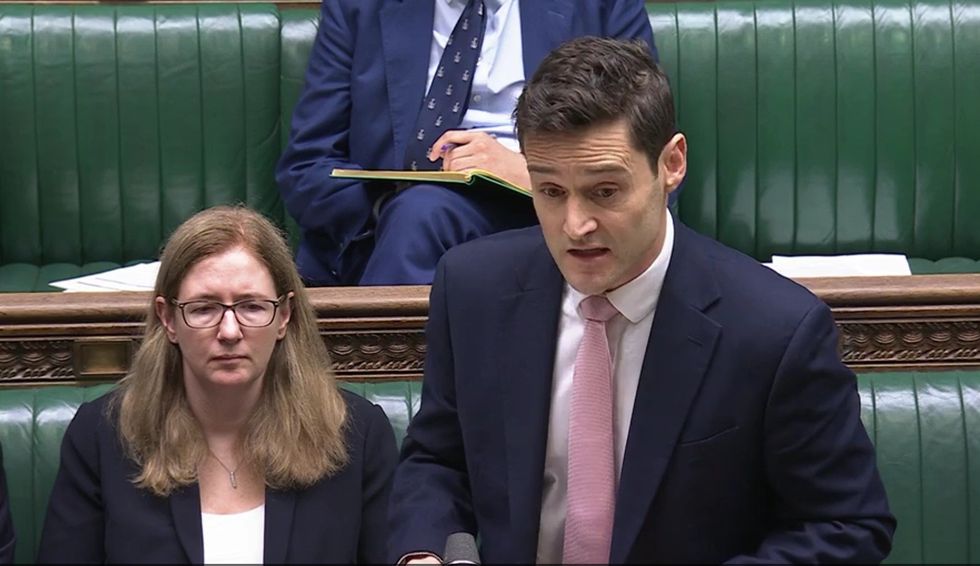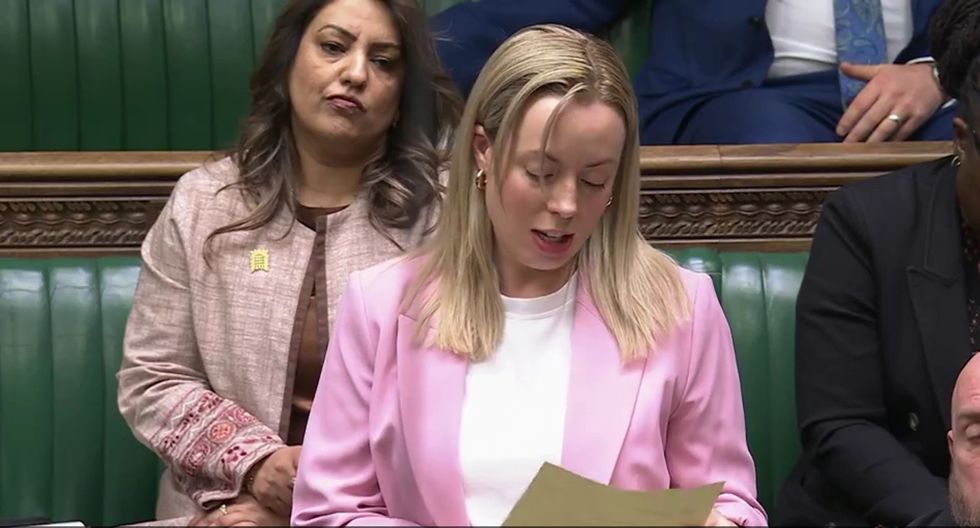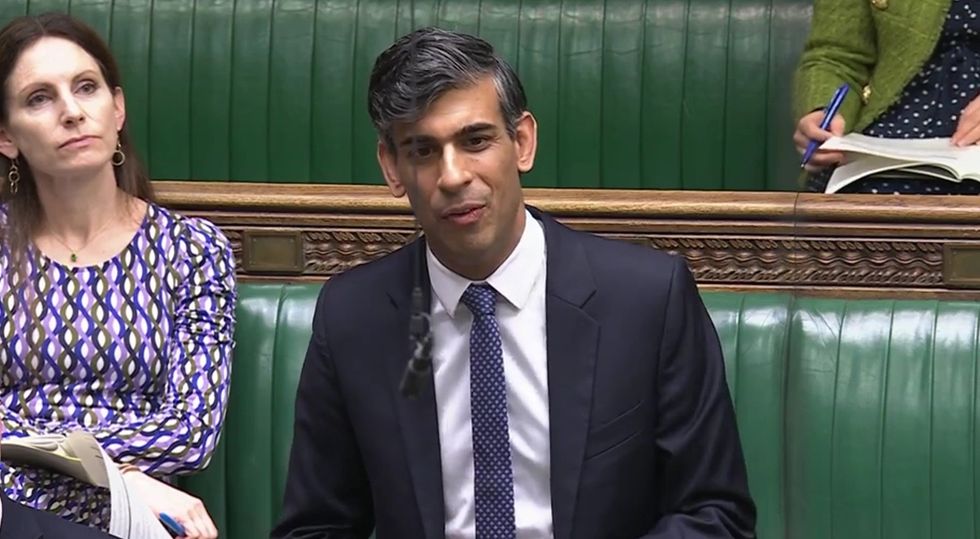Health Minister Stephen Kinnock has announced that the government will be releasing the independent economic analysis of pharmacy finances “imminently.”
Responding to a question from shadow health minister Dr. Luke Evans in Parliament today (25), Kinnock criticised the National Pharmacy Association’s (NPA) collective action as “premature, unnecessary, and detrimental to community pharmacy patients.”
Dr Evans, Conservative MP for Hinckley & Bosworth, questioned whether, following the abolition of NHS England, Kinnock would listen to the calls from the NPA and the Independent Pharmacy Association (IPA) to immediately publish the independent report on pharmacy finances commissioned by NHS England.
Kinnock confirmed that the analysis would be published soon and urged the NPA to reconsider its position and wait for the outcome of negotiations with the Community Pharmacy England (CPE), which he stated would be announced shortly.
“Those negotiations have been very constructive, and I am delighted to confirm again that we will be announcing very soon the outcome of those negotiations,” he said.

However, Dr. Evans argued that community pharmacies have been left waiting too long for answers.
“They are advising all of their 6000 pharmacy members to reduce services and hours for the first time in 104 years. That's never happened under a Labour, Lib Dem, or Conservative government. It's this government.”
He also highlighted the NPA chair’s concerns, stating that “the sense of anger among pharmacy owners has been intensified exponentially by the budget” due to “unfunded National Insurance contributions (NICs) and national living wage increases.”
Dr. Evans then pressed Kinnock on contingency plans for ensuring patient safety if pharmacies close their doors in industrial action next week.
Kinnock accused the shadow minister of “taking the side of people, taking collective action in a premature way that is detrimental to patients.
“They would be better off waiting for the outcome, because we on this side are taking industrial relations into the 21st century, as opposed to the performative nonsense that we saw for the last 14 years,” he said.
Kinnock added: “It's taken us a while to clean up the utter mess that we inherited that involved agreeing financial envelopes and getting into negotiations with the CPE.”
“We're working with CPE on the pharmacy contract, which will start to stabilize the sector and make it fit for the future.”
Kinnock reiterated that this government recognises the vital role of pharmacies as “an integral part of our health system and local community.”

Hub and spoke model set to launch later this year
Labour MP for Warrington South, Sarah Hall, questioned the Department of Health and Social Care (DHSC) on the progress of implementing the hub-and-spoke dispensing model for community pharmacy.
Kinnock confirmed that the government intends to introduce draft secondary legislation in the coming weeks, bringing the model into force later this year.
Hall raised concerns about funding uncertainties and financial challenges facing many pharmacies in her constituency.
“With community pharmacy running costs increasing and uncertainty around the date of the upcoming settlement, they are concerned that there may be disruption to their businesses,” she said, asking what steps have been taken to ensure that input from community pharmacies is considered before further legislative or regulatory changes.
Kinnock acknowledged that the community pharmacy system had been “neglected for far too long”, noting that “over the past two years, on average, six pharmacies have closed every week.”
He noted that a wide range of community pharmacies and representative organisations participated in the public consultation on hub-and-spoke reform, and their responses were “overwhelmingly positive” in support of Model 1, which the government will proceed with.

Sunak champions free blood pressure checks in pharmacies
Former prime minister and Conservative MP for Richmond and Northallerton, Rishi Sunak, highlighted the vital role of community pharmacies, referencing a recent visit to a Well Pharmacy in Northallerton.
“Like so many others, it plays an important role in providing community health services. One valued service is the provision of free blood pressure checks to those over the age of 40,” he said, urging Kinnock to encourage more people to take advantage of this free pharmacy-led preventative community health service.
Kinnock emphasised that community pharmacies will play a pivotal role in the government's shift from hospital to community.
He reaffirmed support for the Pharmacy First model, enabling pharmacies to do more clinical work, such as blood pressure checks.
“We absolutely see that as being at the heart of our 10-year plan,” he added.



















